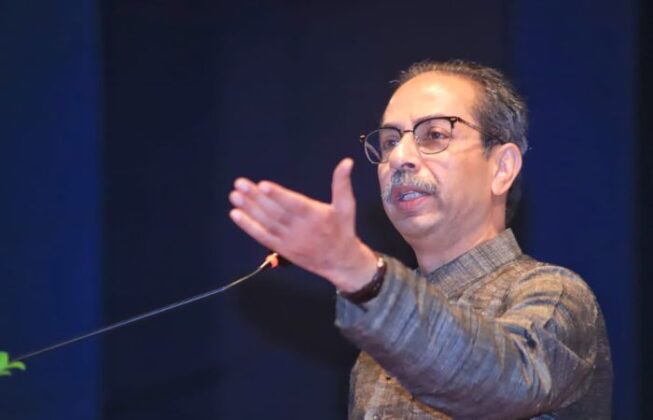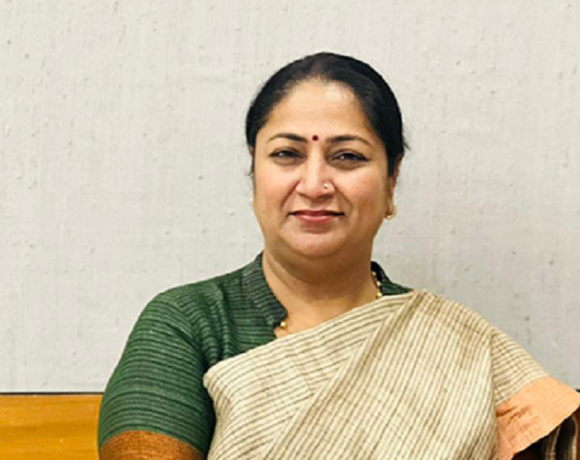
Uddhav & Raj Thackeray Rally Support for Marathi, to Protest Hindi Imposition on July 5
Maharashtra leaders Uddhav Thackeray and Raj Thackeray have jointly announced plans for a protest rally on July 5 against the forced imposition of Hindi in schools, calling for the preservation of Marathi language and regional identity. The rally—set to take place in Mumbai—aims to pressure both state and central governments to reverse recent directives mandating Hindi instruction from early grades without sufficient Marathi support.
Language Protest
The rally is designed to dramatize public opposition to the current education policy. Both Thackerays stressed that giving Marathi language weaker priority amounts to cultural dilution and was unacceptable to millions across the state. Uddhav has organized a Maha Jalsa in Mumbai and urged citizens to participate en masse in favor of allowing teachers and students to exclusively focus on Marathi and English, especially in primary grades.
Marathi Pride
For both politicians, the rally represents a defense of Maharashtra’s linguistic heritage. Raj Thackeray criticized the policy as “cultural aggression disguised as education reform,” arguing that it burdens local students and shifts attention away from Marathi cultural studies. Their joint appearance is anticipated to unify regional sentiment and show solidarity across political lines.
Political Rally
Scheduled for July 5, the protest is expected to attract large crowds in Mumbai. Organizers plan cultural performances, speeches, and public testimonials illustrating how the imposed Hindi policy has disrupted school environments. The event is also expected to serve as a political statement in the state ahead of crucial elections, rallying voters around the cause of language preservation.
The announcement signals an escalation in the campaign against compulsory early Hindi lessons. With both Thackerays actively mobilizing public sentiment, the rally is poised to become a focal point of regional identity politics—highlighting linguistic autonomy and challenging centralized education mandates.


















